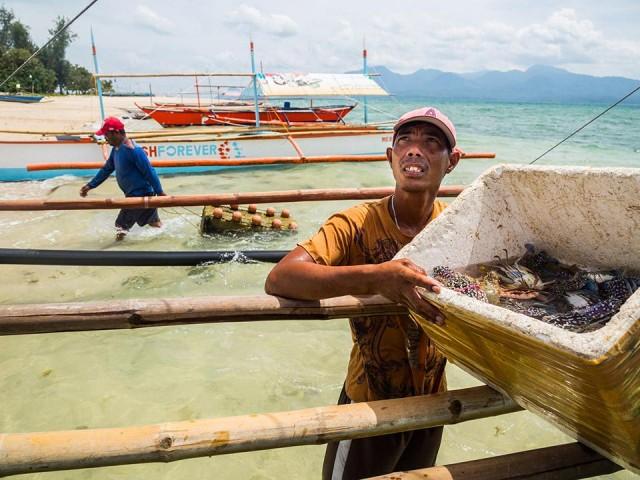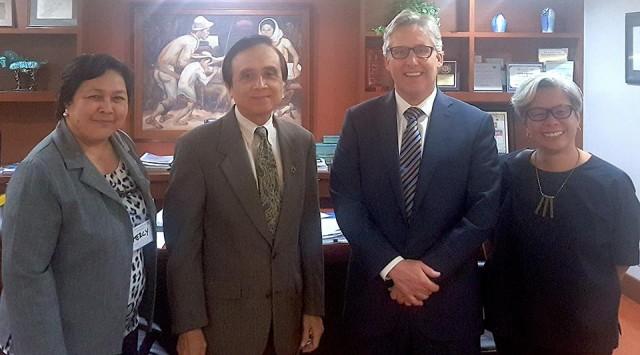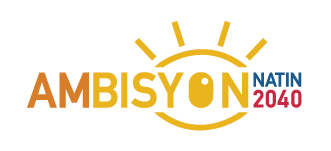John Ted Cordero (GMA News Online)

To ensure sustainability of marine resources, the Philippine government will pursue preferential access for small-scale fishermen in managing coastal fishing grounds and marine sanctuaries.
“Networks of MPAs (marine protected areas), fish refuge and sanctuaries and managed access areas will be pursued to improve ecological connectivity,” according to the Philippine Development Plan (PDP).
These measures will be implemented across municipalities on a national scale, which includes territorial use rights in fisheries, MPAs, and seasonal closures for selected species.
In February, the National Economic and Development Authority Board approved the PDP 2017-2022, which sets targets and lays down policies that serve as the basis for government strategies in achieving social and economic growth.
The plan also serves as guiding framework for investment programming of the government, including projects that require official development assistance.
For its part, conservation organization Rare said it has actively participated in the formulation of the PDP through the public consultations.
“The Philippines is one of the top 10 fishing nations in the world,” Rare Philippines Vice President Rocky Sanchez Tirona said in a statement.

“We believe that this new commitment to giving local fishers the right to manage coastal marine resources will be critical in sustaining the country’s ocean economy. We are pleased to see these policies prioritized in this new plan,” Tirona noted.
According to Rare, it has been working with NEDA – the government agency in charge of crafting the PDP – on a study designed to enhance coastal resource management planning at local and national levels, and identify appropriate financing schemes that would help sustain municipal fisheries.
The marine conservation group said that its “managed access and sanctuaries approach” is complemented by behavior change campaigns to inspire compliance among fishers.
Rare said it has helped local leaders run over 350 behavior change campaigns for conservation in more than 50 countries.
“The inclusion of these critical strategies for small-scale fisheries marks a pivotal point for fisheries management in the Philippines, and paves the way for the next phase of Rare’s work,” Tirona said.
“We are optimistic that further policy, financing and institutional reforms will expand the possibility for local governments in coastal areas to access the support they need to sustainably manage their fisheries and marine resources and improve the lives of over 1.8 million fishers and their families,” he added.
